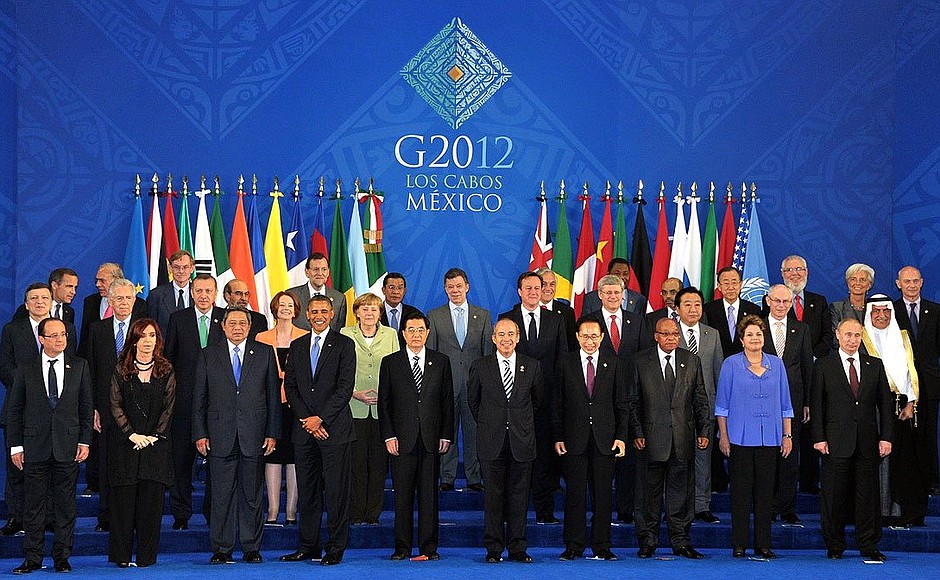Cryptocurrencies are quite easily one of the most contentious asset these days. They elude regulation, but still hold a dear promise for brilliant riches to those who seek them. All you have to do is invest, and bam! Overnight you are well-heeled nouveau riche who is quite capable of commanding vast swathes of digital gold to cater to your every whim. In the real world, however, things do not work quite this way, and you will be pleased to know that a few things can be done to address this.
Japan will now step up the game when it comes to regulation, but not in an ill-meaning way. The country will reach out to other G20 counterparts in order to establish a basic regulatory framework for monitoring crypto transactions.
More importantly, Japan wants G20 countries to looking into possible money laundering with the help of cryptocurrency and put the crack on that.
The next meeting of G20 leaders will take place in Buenos Aires on 19 and 20 March, with financial leaders and bankers attending the summit.
However, Japan’s call to action is unlikely to have a deeper effect and sway G20 representatives into action, at least not any quicker than it has been progressing recently.
Meanwhile, urging G20 to act quickly may lead to ill-considerate measures that have little to do with addressing issues of significance. No-one stands to benefit from stringent and hard-hitting regulation on cryptocurrencies right now, albeit it would be well for legislators to start addressing real-world problems that pertain to cryptocurrencies.
Another possible bugbear is the fact that legislation across nations may vary greatly. Places like Japan and South Korea are lax on cryptocurrencies and the countries have a vested interested in establishing a reliable regulatory framework while allowing free hand to investors.
Meanwhile, the Bank of England (BOE) and the European Union (EU) entirely are poised to introduce regulation that will stifle illicit activities without actually taking a hit on innovation.
https://www.youtube.com/watch?v=sfytWBqoQU4
Another major point is that Japan is more experienced than other members are in regulating its own markets. With this in mind, the country has established a national system to oversee its cryptocurrency exchanges.
Even though Japan will want to drive steady inroads in establishing great regulation, detractors may posit a counter-argument, pointing out to the country’s own unreliability when it comes to its own cryptocurrency exchanges.
Certainly, this is a thorn in the side of Japan and the recent spate of attacks unleased on Asian crypto exchanges is definitely something that the majority of people would rather forget about.
France and Germany have taken a hard stance on cryptocurrencies taxing them like precious metals, which will definitely throw a spanner in the works of any investor and crypto owner who have bene sporting a vast trove of crypto gold.
European authorities have been trying to work on a framework but rather lackadaisically. For starters, European are pondering to issue a warning to consumers that their purchases of various cryptocurrencies may actually be funding terrorist activities or be used in the trafficking of people.
Even though European’s environmental awareness and conscious buying habits must not be underestimated, this seem like a lax palliative to alleviate the rigors of cryptocurrencies.
Regulation should be much more determinate and not dependent on the good will of civilized men and women, even though it is underpinning for success.
Regulation is sorely needed and it has to come as a clear cut set of rules which have to be kept to the letter. Otherwise, nefarious forces will misplace them as they see fit and advance their cause while everyone else will feel like they have bene taken to the cleaners by their own government.
In order to avoid a situation in which honest people are stuck with unfair practices, the regulation should call for more transparency in the sector with everyone held accountable should they step out of the laid-down regulatory framework.
To achieve this level of commitment, Japan will have to be a trailblazer and foremost seek collaboration with everyone who is willing to regulate the sector. Even the hardliners from China would be welcome and should be offered an equal say in the country.
If a country such as China is brought onboard the regulatory international board, it could be inclined to adopt cryptocurrencies. Regulating those assets will also help China sway their course but also could in future lead to the theoretical adopting of crypto assets by China itself. In the meantime, Japan will have to lead the way for everyone.
Mar 13, 2018
Japan Urges G20 for More Meaningful Regulation



Comments (No)